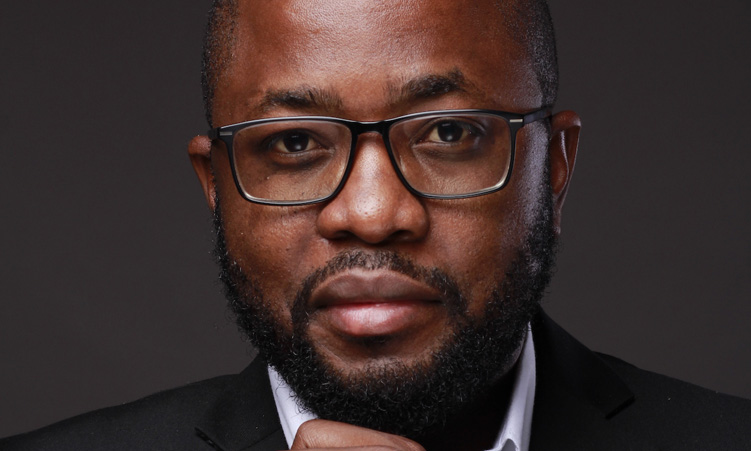The 29th United Nations Climate Change Conference (COP29), held in Baku, Azerbaijan, unfolded against a backdrop of intensifying climate crises and mounting frustrations from least developed and developing nations. Although framed as a ‘Finance COP,’ the summit exposed the deep inequities in global climate governance, leaving vulnerable nations questioning the sincerity of wealthier countries’ commitments to addressing climate justice.
Key outcomes
1. Insufficient climate finance commitments
Developing nations, led by the Global South, advocated for US$1.3 trillion annually to address adaptation, mitigation, and loss and damage, positioning it as a necessary down payment for rectifying historical injustices. Yet, wealthier nations proposed mobilising just $250 billion by 2035, primarily through loans and market-based mechanisms – a response widely criticised as inadequate and exploitative.
Fadhel Kaboub, senior advisor at Power Shift Africa, labelled the offer an insult, underscoring the need for grant-based financing, climate debt cancellation, and technology transfers to address the needs of vulnerable nations. Kaboub further urged the Global South to unite and strategically leverage its resources to challenge polluting nations that fail to meet their obligations (Kaboub, 2024).
Even the US$300 billion adaptation fund agreed upon at COP29 falls drastically short of the US$1.3 trillion required. The inability to meet the $100 billion annual pledge to the Green Climate Fund (GCF) continues to undermine trust between the Global North and South, leaving countries like Namibia unable to implement critical resilience projects.
G20 nations’ responsibility
G20 nations, responsible for 80% of global emissions, remain reluctant to acknowledge their historical emissions fully. Their commitments are insufficient, exacerbating the already stark inequalities between wealthy and vulnerable nations. Developing nations, including Namibia, continue to advocate for equitable solutions that hold these nations accountable for their outsized contributions to the climate crisis.
Climate fund
The continued inability to meet the US$100 billion annual pledge to the Green Climate Fund (GCF) further undermines trust between the Global North and South. Namibia and other African nations argue that this failure severely limits their ability to implement critical adaptation and resilience projects.
Namibia’s role
Namibia, represented by minister Pohamba Shifeta, advocated for fairness in climate finance mechanisms, emphasising balanced priorities across mitigation, adaptation, and loss and damage. Shifeta highlighted Namibia’s renewable energy ambitions, including its pioneering green hydrogen initiatives, as an example of how developing nations can lead sustainable energy transitions. However, Namibia stressed that such efforts require robust financial support, which remains constrained by developed nations’ failure to honour their pledges. Shifeta also called for G20 nations to adopt grant-based financing over loans, urging them to shoulder their fair share of the responsibility.
COP29’s Shortcomings: A Social Justice Perspective
The conference starkly revealed the inequities in tackling the climate crisis. While discussions on finance dominated the agenda, the structural changes needed to ensure equity and justice were sidelined. The Global South, particularly African nations, have persistently called for a socially just approach that acknowledges and addresses the historical injustices of climate change. Despite these disappointments, optimism remains that COP30, hosted by Brazil, will prioritise social justice and equity in its agenda.
Risks and opportunities
The potential return of Donald Trump to the U.S. presidency in 2025 poses a significant risk to global climate progress. His previous withdrawal from the Paris Agreement weakened international efforts, and a similar approach could derail advancements anticipated at COP30 in Brazil.
Unity
COP29 underscored the need for a united Global South. Kaboub’s call for leveraging strategic resources, such as critical minerals, signals a growing resolve among developing nations to demand justice and hold wealthier nations accountable for their inaction.
Expectations
Brazil’s presidency offers a crucial opportunity to operationalise the Loss and Damage Fund, enhance climate finance mechanisms, and hold G20 nations accountable for their commitments. Namibia and other African nations must maintain a strong negotiating stance to secure meaningful outcomes.
COP29 exposed the deep divides in global climate governance, with the Global South continuing to bear the brunt of broken promises and insufficient commitments and broken promises from wealthier nations. Namibia’s strong advocacy for equity, financial justice, and collective accountability highlights the pressing need for transformative action. While it yielded some progress, for Namibia and other developing nations, the path forward requires unity, strong advocacy, and strategic leverage to demand equitable and effective climate solutions. As the world looks to COP30, the focus must shift towards achieving meaningful social justice and securing the transformative action needed to combat the climate crisis for all humanity. COP30’s success will depend on developed nations finally stepping up to their historic responsibilities, ensuring that climate solutions serve all of humanity, not just the privileged few.
*Lot Ndamanomhata is a graduate of Public Management, Journalism and Communication. This article reflects his views and writes entirely in his personal capacity.



